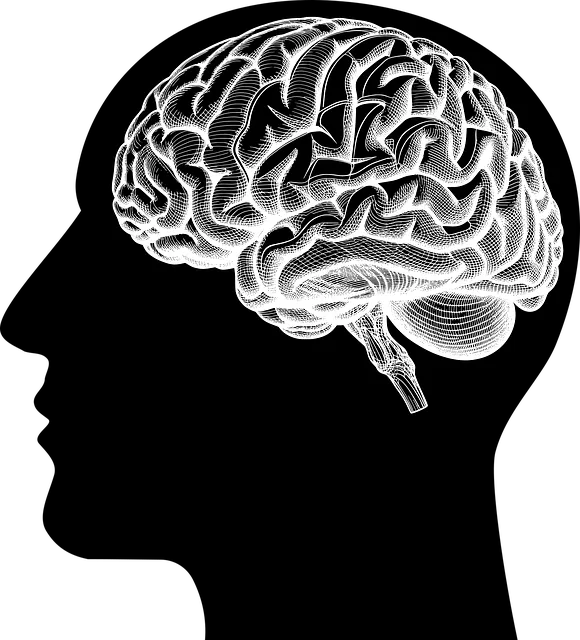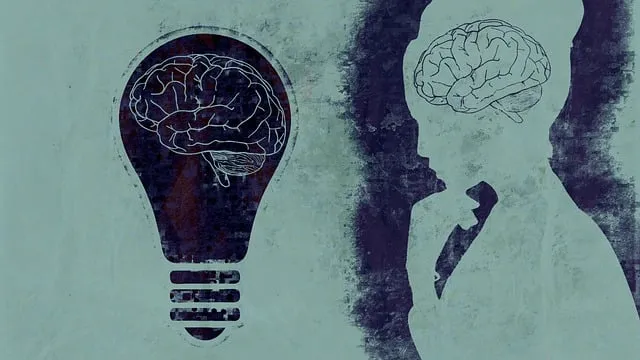The Kaiser Permanente behavioral health center Northglenn provides specialized trauma care using evidence-based practices like mindfulness meditation and group therapy. They prioritize healthcare provider well-being with burnout prevention strategies and mental wellness coaching programs. Through a holistic approach, including compassion cultivation and stigma reduction, the center offers a supportive environment for trauma recovery and improved patient outcomes.
In today’s complex world, understanding trauma and its profound impact on individuals is more critical than ever. This article explores the essential role of support services in healing from traumatic experiences, focusing on the contributions of Kaiser Permanente Behavioral Health Center Northglenn. We delve into effective strategies for trauma care delivery, emphasizing accessible resources for a holistic recovery process. By examining these key aspects, we aim to highlight innovative approaches that foster resilience and well-being.
- Understanding Trauma and Its Impact
- The Role of Kaiser Permanente Behavioral Health Center Northglenn
- Accessing Support Services for Healing
- Effective Strategies for Trauma Care Delivery
Understanding Trauma and Its Impact

Trauma is a profound and complex experience that can have lasting effects on an individual’s mental wellness and overall well-being. It occurs when someone faces or witnesses a deeply distressing event, often leading to intense feelings of fear, helplessness, or horror. This could include situations like accidents, natural disasters, violence, or even historical traumas passed down through generations. At the Kaiser Permanente behavioral health center Northglenn, we recognize that trauma can manifest in various ways and impact every aspect of a person’s life.
Understanding trauma involves recognizing its potential to disrupt emotional regulation and create a sense of disorientation. The brain’s natural response to such events is to freeze or fight, which can lead to long-term challenges in managing emotions. This is where specialized support services come into play. Mindfulness meditation and other therapeutic practices have been shown to be effective in helping individuals process traumatic experiences and develop healthy coping mechanisms. By addressing emotional regulation and promoting mental wellness, these services aim to empower individuals to navigate the aftermath of trauma and reclaim their sense of safety and control.
The Role of Kaiser Permanente Behavioral Health Center Northglenn

The Kaiser Permanente Behavioral Health Center Northglenn plays a pivotal role in providing trauma support services, addressing mental health concerns within the community. This healthcare center offers specialized care, focusing on both individual and group therapy sessions, designed to help individuals navigate their traumatic experiences effectively. The center’s expertise lies in integrating evidence-based practices, including Mindfulness Meditation techniques, into its treatment plans. By incorporating these strategies, the center empowers patients to manage stress, reduce anxiety, and improve overall mental wellness.
Furthermore, Kaiser Permanente Northglenn recognizes the unique challenges healthcare providers face with Burnout Prevention Strategies. They have developed Mental Wellness Coaching Programs that support not only patients but also medical professionals in maintaining their own well-being. These programs aim to create a supportive environment, fostering resilience and promoting healthy coping mechanisms, ultimately enhancing the overall quality of care provided within the community.
Accessing Support Services for Healing

Healing from trauma is a journey that requires access to compassionate and specialized support services. For individuals seeking recovery, the Kaiser Permanente behavioral health center in Northglenn offers a safe haven. This center provides an array of Trauma Support Services tailored to meet diverse needs, ensuring every person receives the care they deserve.
The process begins with understanding and connecting to these services. Mindfulness Meditation sessions are a popular offering, teaching individuals how to manage stress and process emotions. Additionally, the center facilitates group therapy, where sharing experiences and learning from peers can be incredibly empowering. Communication Strategies are also integral to the healing process, helping clients express themselves effectively while fostering healthy relationships.
Effective Strategies for Trauma Care Delivery

At the Kaiser Permanente behavioral health center Northglenn, effective trauma care delivery is shaped by a holistic approach that integrates various strategies. One key strategy is Compassion Cultivation Practices, which involve teaching healthcare providers to cultivate empathy and understanding towards patients’ traumatic experiences. This not only enhances patient-provider relationships but also reduces the risk of Burnout Prevention Strategies for Healthcare Providers.
Additionally, incorporating Mental Illness Stigma Reduction Efforts into care protocols has been beneficial. By fostering an environment where mental health concerns are met with open dialogue and non-judgmental attitudes, patients feel more comfortable seeking support. These approaches collectively contribute to improved trauma care outcomes, ensuring individuals receive the compassionate and comprehensive assistance they need to heal and rebuild their lives.
Trauma, a profound and lasting effect of adverse experiences, demands specialized care. The article has explored various aspects of trauma support services, highlighting the significance of understanding its impact on individuals’ lives. One notable example is the role of Kaiser Permanente Behavioral Health Center Northglenn in providing essential trauma-informed care. By implementing effective strategies, such as accessible support services and tailored treatment plans, healing becomes a feasible journey. This conclusion underscores the importance of dedicated resources like Kaiser Permanente in revolutionizing trauma care delivery, ensuring individuals have the tools to navigate life’s challenges and foster resilience.






